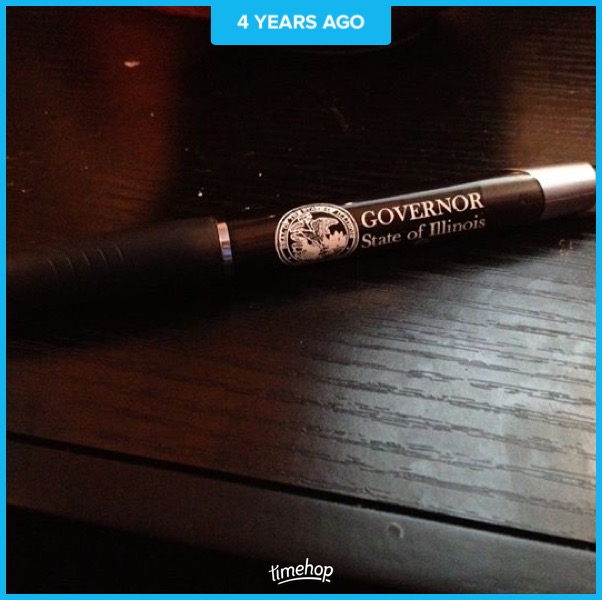It was an often overlooked effect of the previous decade’s housing and foreclosure crisis: those renting the apartments of the buildings that fell into foreclosure were often victims of predatory practices. Certain banks, developers, and investors used loopholes to sidestep the legal eviction process and force tenants out of their homes.
These renters had been paying rent, maintaining their units, and following the law. Suddenly they would find themselves without electricity or other vital utilities. Sometimes, they would come home to find their door locks completely changed, leaving them stranded and homeless.
Led by the Sargent Shriver National Center on Poverty Law, in conjunction with the Woodstock Institute, I was lucky to have the opportunity to help through my work at the Action Now Institute. I was privileged to work directly with community members who were affected, either through their own home or through their neighbor’s hardships, and ensure that their own testimony was heard.
The new bill made permanent in Illinois a Bill of Rights for Tenants affected by Foreclosure. In summation, the tenant receives the guaranteed protection of their lease, and at the very least, is granted 90 days due notice before eviction proceedings can legally proceed.
This was landmark and set a precedence.
I hope to explore housing rights in more depth through a post in the near future.
Until then, thank you, and keep it up.

Pictured, from left to right in 2013: Dan Kleinman, Policy Director of Action Now Institute, Pat Quinn, Governor of Illinois, and Charles Brown, Activist and Leader with Action Now.
